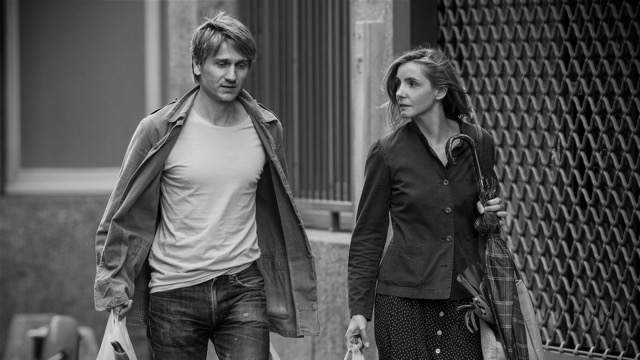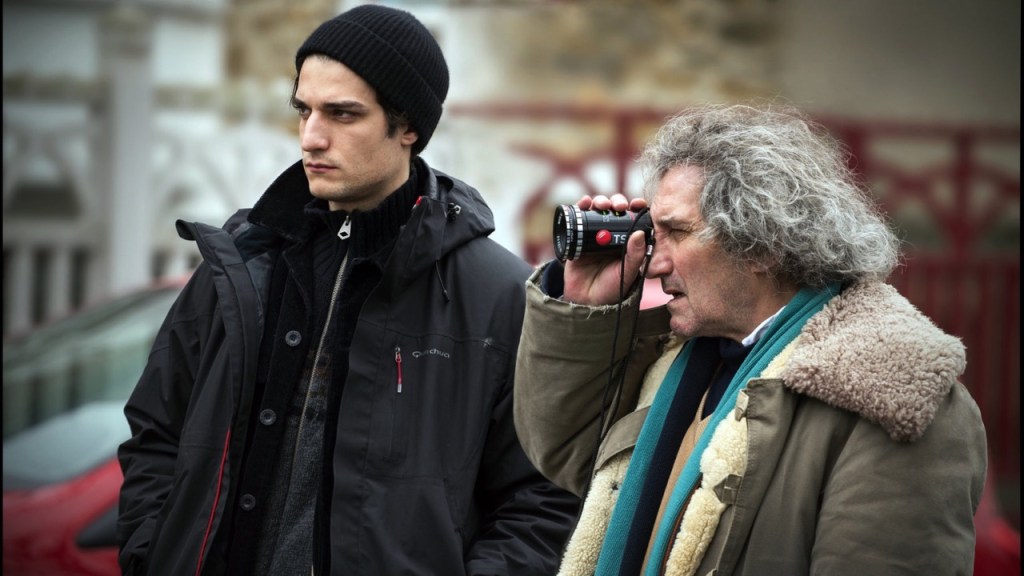Philippe Garrel is a French filmmaker celebrated for his extensive body of work, much of which delves into the intricacies of relationships and the human psyche. He has been a significant figure in the world of cinema since the 1960s, with his films best known for their introspective and often autobiographical nature, as well as their stark, elegant visual style.
His works consistently grapple with the complexities of familial and romantic relationships, often drawing from his own life experiences, examining themes of infidelity, despair, and passion. For instance, J’entends Plus la Guitare is a tender, semi-autobiographical meditation on love and loss, dedicated to his former partner, the singer Nico. These themes are not only exclusive to his romantic relationships but also extend to the familial, as seen in Les Baisers de Secours, where Garrel introspectively navigates the realms of paternal love and the struggles of being an artist.
His films are known for their austere and minimalist aesthetic, often using black and white imagery to convey a timeless, dreamlike quality. This visual style serves to highlight the internal emotional landscapes of his characters, creating a sense of intimacy and immediacy with the audience. Moreover, Garrel often collaborates with family members both in front of and behind the camera, further imbuing his work with a deeply personal and autobiographical feel.

Philippe Garrel (1948 – -)
Calculated Films:
- L’Enfant Secret (1979)
- Regular Lovers (2005)
Similar Filmmakers
- Barbet Schroeder
- Bertrand Bonello
- Chantal Akerman
- Claire Denis
- Eric Rohmer
- Eugene Green
- Francois Truffaut
- Jacques Doillon
- Jacques Nolot
- Jacques Rivette
- Jean Eustache
- Jean-Claude Brisseau
- Jean-Henri Roger
- Jean-Luc Godard
- Leos Carax
- Louis Malle
- Maurice Pialat
- Mia Hansen-Love

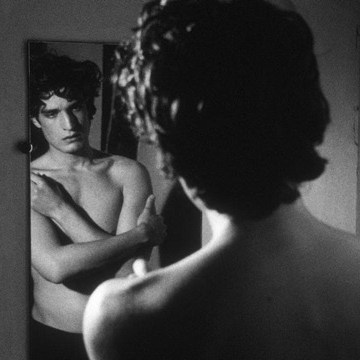

Philippe Garrel’s Top 5 Films Ranked
1. Regular Lovers (2005)
Genre: Drama, Romance, Slice of Life

2. I Don’t Hear the Guitar Anymore (1991)
Genre: Psychological Drama, Romance

3. Wild Innocence (2001)
Genre: Drama
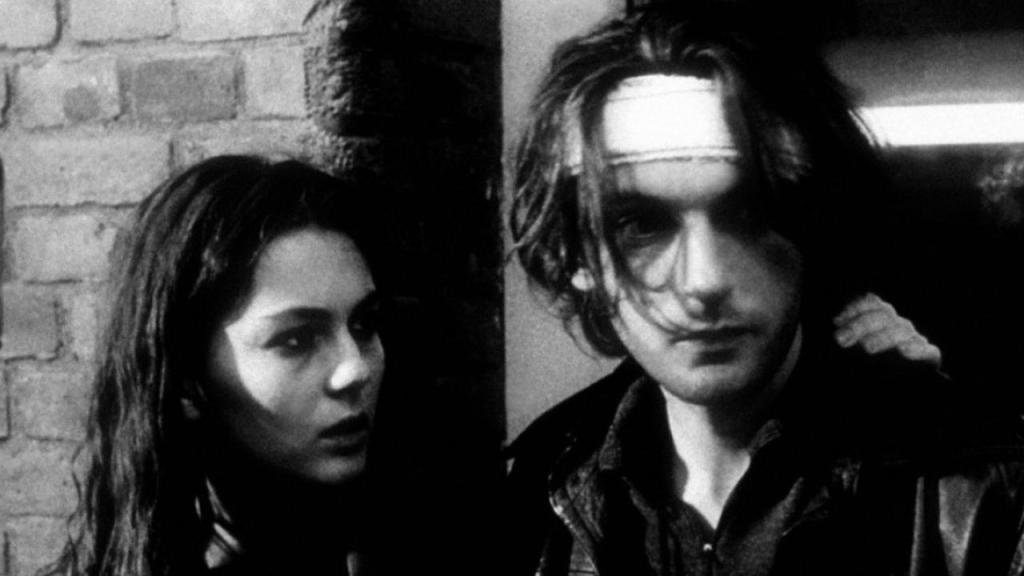
4. She Spent So Many Hours Under the Sun Lamps (1985)
Genre: Romance, Drama
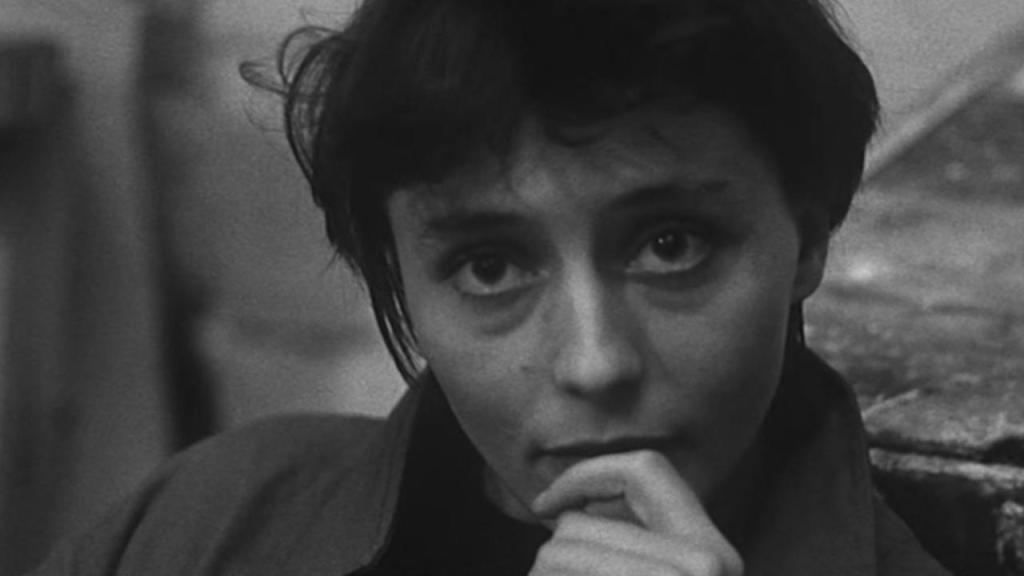
5. L’Enfant Secret (1979)
Genre: Romance, Drama

Philippe Garrel: Themes and Style
Themes:
- Intimacy and Relationships: Garrel’s films often delve deep into the complexities of human relationships, especially romantic ones. They explore the highs and lows of love, infidelity, and heartbreak.
- Autobiographical Elements: Many of his works, directly or indirectly, reflect aspects of his personal life, including his relationships with iconic figures like singer Nico.
- Generational Conflict: A recurring theme, especially in the context of the May ’68 events in France, highlighting the tension between youth and the establishment.
- Desolation and Despair: Garrel’s characters often find themselves in situations of profound existential angst, grappling with feelings of despair and desolation.
Styles:
- Minimalist Approach: His films are marked by their minimalism, avoiding grandiose spectacles and focusing instead on the subtleties of human emotion.
- Black and White Imagery: Garrel has a penchant for black and white cinematography, lending a timeless quality to his films and focusing the viewer’s attention on the narrative and characters.
- Long Takes: Garrel often employs long, uninterrupted shots which require a lot from his actors and demand the viewer’s uninterrupted attention.
- Limited Dialogue: He frequently uses sparse dialogue, allowing silence, expressions, and body language to convey emotion and narrative.
Directorial Signature:
- Intensely Personal Narratives: Garrel often draws from his own experiences, creating films that are deeply personal and introspective.
- Collaborations with Family: His son, Louis Garrel, often appears in his films, and other family members have been part of his productions, making his filmography a family affair of sorts.
- Non-professional Actors: Garrel has a history of working with non-professional actors, which adds a raw and authentic feel to his narratives.
- Sparse Settings: Instead of lavish sets, Garrel often opts for sparse, real locations that enhance the realistic, intimate feel of his stories.
- Musical Choices: His use of music is specific and adds layers to his storytelling. The haunting melodies often emphasise the emotional landscape of his characters.
- Narrative Ambiguity: Garrel’s films often eschew traditional narrative structures, leaving certain elements ambiguous, thereby demanding active engagement from the audience.
Philippe Garrel – Great Director


